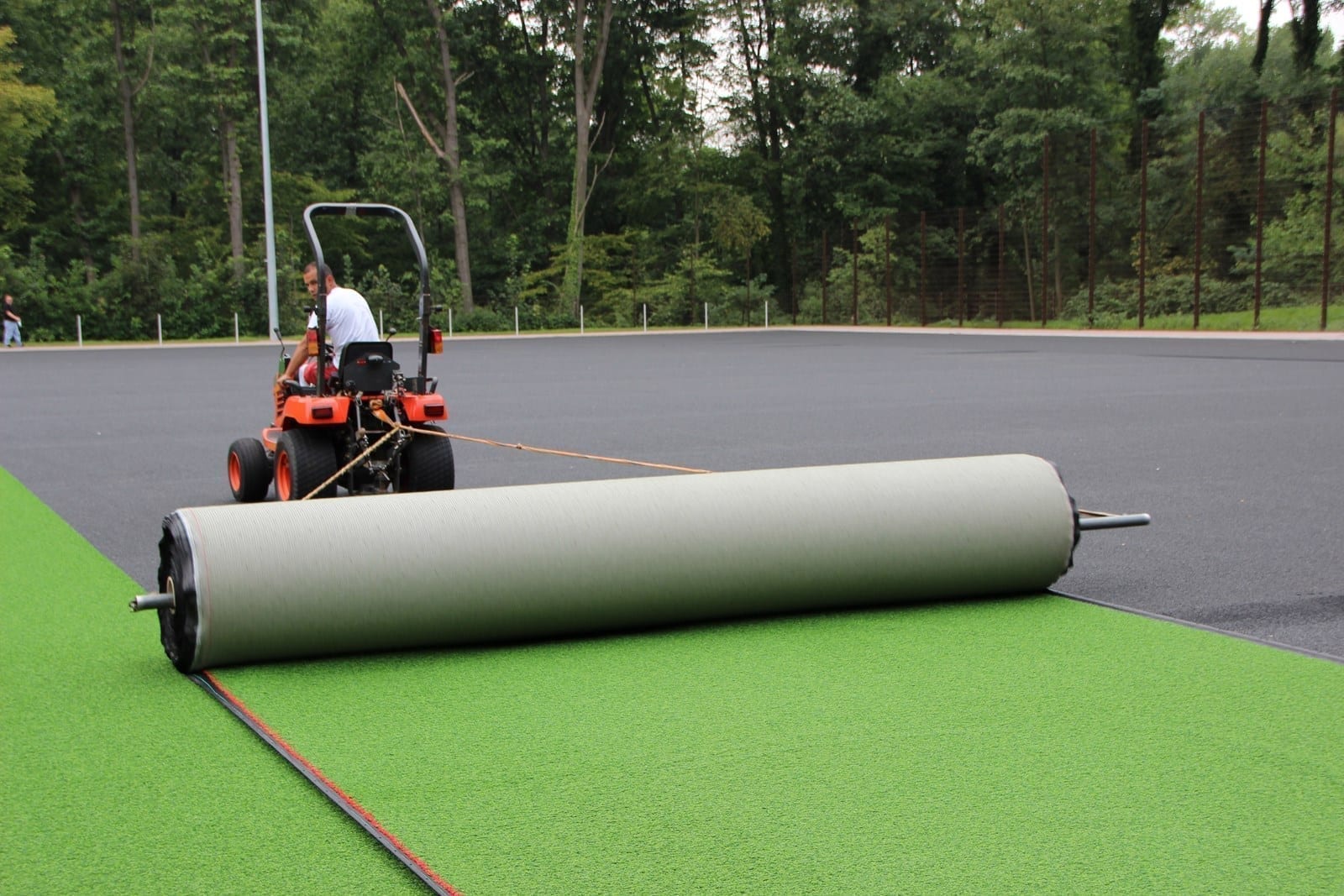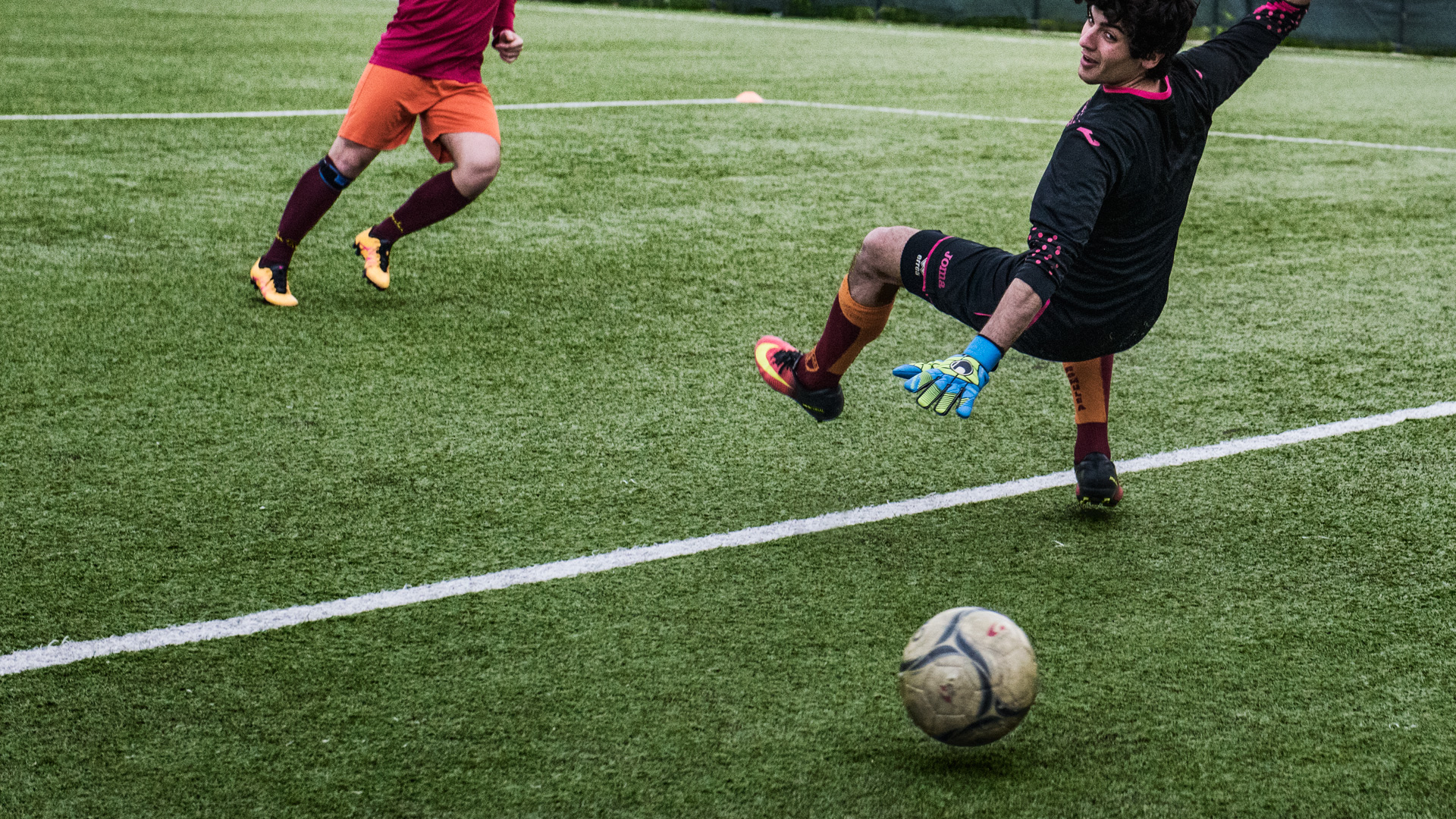Enhance Your Yard with Professional Turf Installation Phoenix AZ Solutions
Enhance Your Yard with Professional Turf Installation Phoenix AZ Solutions
Blog Article
Look Into the Environmental Conveniences of Opting for Artificial Lawn Solutions
The fostering of synthetic grass solutions provides an engaging chance to attend to pressing environmental challenges. By significantly reducing water use and decreasing the application of hazardous chemicals, these alternatives not only promote sustainable landscaping but likewise shield neighborhood environments. The reduced carbon footprint connected with lowered maintenance tasks contributes to a more sustainable strategy to land administration. The implications of these advantages prolong past mere preservation efforts, elevating questions regarding their long-lasting influence on habitat preservation and total environmental equilibrium. Exploring these dimensions reveals an intricate interplay worth thinking about.
Water Preservation Benefits
One of the most considerable benefits of man-made lawn is its capacity to save water. In contrast, synthetic turf does not require watering, dramatically reducing the total demand for water resources.
By getting rid of the demand for normal watering, synthetic grass adds to sustainable landscape practices and assists minimize the environmental effect of excessive water usage. The preservation of water expands to the reduction of overflow, which can lead to soil disintegration and waterway air pollution.
Additionally, the installment of synthetic grass enables property owners and municipalities to assign water resources extra effectively, concentrating on necessary usages such as alcohol consumption water and agriculture. The shift towards artificial turf not only promotes responsible water usage yet also aligns with broader environmental objectives intended at maintaining all-natural resources.
As neighborhoods significantly focus on sustainability, the water conservation advantages of synthetic grass provide a compelling case for its adoption in business and household landscape design tasks.
Minimized Chemical Usage
The transition to synthetic grass dramatically reduces the dependence on chemical therapies frequently utilized in natural turf upkeep. Standard turf monitoring typically entails the application of chemicals, fertilizers, and herbicides to advertise growth and control parasites. These chemicals can posture threats to human health and wellness, local wild animals, and the atmosphere, adding to dirt and water contamination.
In contrast, synthetic grass eliminates the demand for these damaging materials. Once installed, it needs marginal upkeep, mostly including normal cleaning and occasional infill replenishment. This reduction in chemical use not just profits the immediate atmosphere yet also adds to more comprehensive eco-friendly stability. By reducing the launch of artificial substances into the ecosystem, synthetic grass promotes healthier dirt and water systems.
Furthermore, the lack of chemical overflow linked with synthetic grass setups assists secure regional rivers from air pollution, sustaining marine life and preserving biodiversity. Turf installation phoenix az. As communities increasingly prioritize lasting practices, selecting artificial lawn presents a viable solution that straightens with ecological conservation goals. With this shift, homeowner can enjoy rich green spaces without jeopardizing environmental wellness, leading the method for a more lasting future
Lower Carbon Impact

Furthermore, the setup of synthetic grass can lead to considerable water preservation. Natural grass visit this site right here require significant quantities of water for watering, which not only includes to the carbon impact connected with water extraction and treatment yet also stress regional water sources. On the other hand, man-made grass requires marginal maintenance, needing no watering, therefore considerably decreasing water use and its linked power costs.
Additionally, the durability of fabricated lawn adds to its lower carbon impact. With a life expectancy of as much as 15 years or even more, the requirement for frequent replacements is decreased, leading to less waste and reduced power consumption in manufacturing and disposing of traditional turf choices. Overall, synthetic grass presents a sustainable choice for ecologically aware landscaping.
Habitat Preservation
Habitat preservation is a critical factor to consider in the discussion over landscaping selections, especially when contrasting artificial grass to natural yard. All-natural lawn yards typically need substantial upkeep, consisting of using herbicides, pesticides, and fertilizers, which can negatively affect neighborhood communities. These chemicals can leach into the soil and rivers, damaging native plants and fauna and disrupting regional environments.
On the other hand, synthetic grass provides a possibility to decrease the ecological footprint of landscaping. By choosing for artificial turf, home owners can lessen the interruption of all-natural environments connected with traditional yard treatment techniques. Synthetic grass gets rid of the demand for hazardous chemicals, consequently safeguarding close-by wildlife and keeping the stability of bordering environments. The setup of fabricated grass can lead to the conversion of former grass areas into more biodiverse landscapes, such as pollinator yards or indigenous plant areas, which can sustain regional wildlife.
Inevitably, the shift to synthetic grass not just preserves water and reduces upkeep efforts however additionally cultivates a much more unified relationship in between human activities and the natural surroundings, advertising habitat conservation at the same time.
Long-Term Sustainability
Long-lasting sustainability is an important consider assessing the benefits of synthetic grass over conventional yard yards. One of the most substantial advantages of artificial turf is its sturdiness; it can last as much as 15-20 years with very little maintenance, whereas natural yard calls for constant reseeding and replacement. This durability decreases article source the demand for continuous resources, such as water, fertilizers, and chemicals, which are essential for maintaining a healthy and balanced grass yard.
Furthermore, artificial lawn adds to a reduction in carbon emissions connected with grass care devices. Traditional lawns commonly require gas-powered mowers, trimmers, and blowers, every one of which add to air contamination. Phoenix turf companies. On the other hand, synthetic grass eliminates the requirement for such tools, advertising a cleaner setting
Additionally, the production of synthetic grass significantly uses recycled materials, improving its sustainability profile. As manufacturers adopt eco-friendly methods, the ecological impact of synthetic grass remains to diminish.

Conclusion
The fostering of synthetic grass services provides significant ecological benefits, consisting of substantial water preservation, reduced dependence on hazardous chemicals, and a lower carbon impact. In addition, synthetic lawn help in preserving natural environments by minimizing land disturbance and advertising lasting sustainability through making use of durable products. Collectively, these elements underscore the capacity of synthetic grass to add favorably to environmental health and provide a viable option to typical landscape design techniques in a progressively resource-conscious globe.
In comparison, artificial grass does not require watering, significantly minimizing the total demand for water resources. By reducing the release of synthetic compounds right into the ecological community, artificial lawn promotes much healthier soil and water systems.
Moreover, the setup of artificial lawn can result in significant water conservation. In contrast, synthetic turf requires minimal upkeep, calling for no watering, thereby dramatically decreasing water use and its associated energy expenses.

Report this page